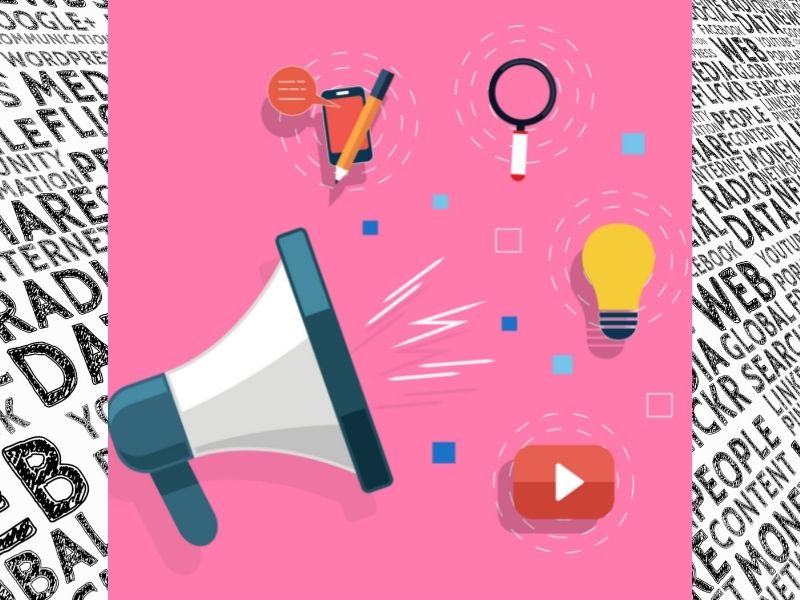Industry: Media
What is Mass Communication?
Mass communication refers to the process of creating, sending, receiving, and analyzing messages to large audiences via verbal and written media. It is an expansive field that considers not only how and why a message is created but also the medium through which it is sent (print, digital media and the internet, social media, radio, and television). Mass communication is multi-disciplinary in nature, incorporating elements of related fields such as strategic communication, health communication, political communication, integrated marketing communications, journalism, and more.
Job Description
- Responsibilities include arranging and conducting interviews for research or broadcast program purposes
- Preparing news stories for print or broadcast media
- Research and report on developments within specified fields (technology, medicine, politics, etc.)
- Planning the content and presentation of stories in newspaper/TV/radio broadcasts
Eligibility and Courses
Class 12
Any stream (Science/Commerce/Humanities)
Under Graduate Courses
- B.A. in Journalism.
- Bachelor of Mass Media (BMM)
- B.A. Hons. in Journalism & Mass Communication (BJMC)
- B.A. Hons. in Multi-Media & Mass Communication (BMMMC)
- B.A. in Film Making and Mass Communication
Career Profiles
Top Institutes for Mass Communication courses
1. St. Xavier’s College, Mumbai
Value for Money- 5/5
Bachelor Courses- B.A. in Mass Communication and Journalism
Tenure- 3 years
Website: https://xaviers.edu/
2. Manipal Institute of Communication, Karnataka
Value for Money- 5/5
Bachelor Courses- B.A. in Media and Communication
Tenure- 3 years
Website: http://www.manipal.edu/
3. Jamia Millia Islamia (JMI), Delhi
Value for Money- 4.7/5
Bachelor Courses- B.A. (Hons.) in Mass Media Hindi
Tenure- 3 years
Website: https://www.jmi.ac.in/
4. National Institute of Mass Communication and Journalism, Ahmedabad
Value for Money- 4/5
Bachelor Courses- Bachelor of Journalism and Mass Communication (BJMC)
Tenure- 3 years
Website: https://www.nimcj.org/
5. Symbiosis Institute of Media and Communication (SIMC), Pune
Value for Money- 3.5/5
Bachelor Courses- B.A. in Mass Communication
Tenure- 3 years
Website: https://www.simc.edu/
Career Progression
Pay
Expert View
— Kate Adie,
English Journalist, Chief News Correspondent for BBC
(1989-2003), hancellor of Bournemouth University
— Malishka Mendonsa,
Popular Indian Radio Jockey
Also read: Journalism and Mass Communication: Emerging career of the century
